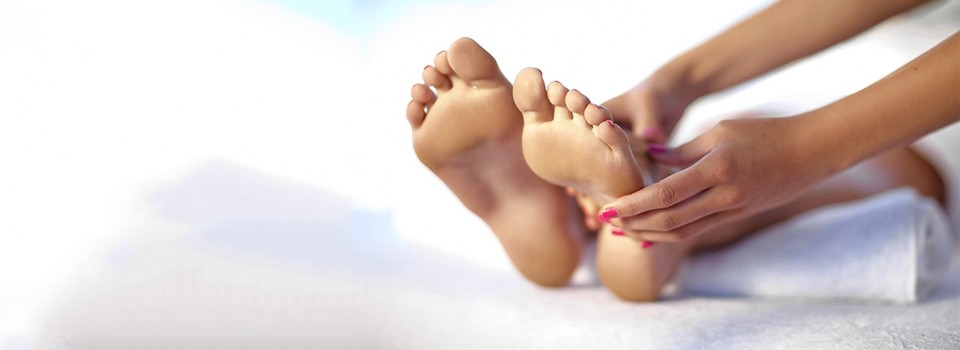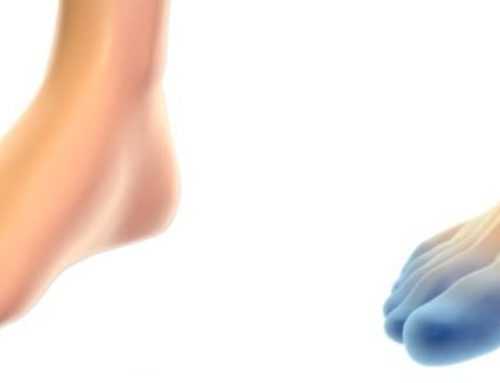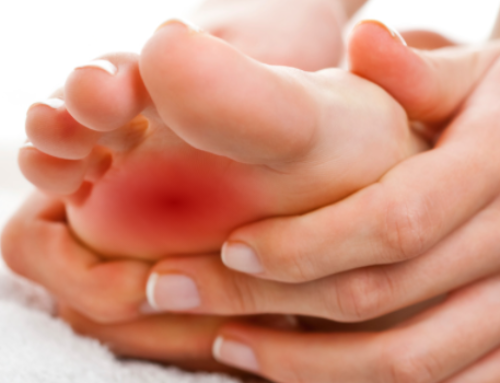
Women’s feet are more susceptible to foot pain when compared to those of men for a variety of reasons. In general, women have weaker joints and thinner heels than men. Women also generally have a lower bone mass than men, which can lead to more frequent foot injuries.
One of the more common foot problems that occur in women is associated with wearing high heel shoes that have narrow tips (which can cause bunions and hammertoes). One inch heels increase the pressure placed on a women’s feet by more than 20%, and two inch heels can add an additional 55% of pressure. Women who wear heels over three inches are increasing the pressure on their feet by over 75%.
The good news is that you don’t have to sacrifice fashion for comfort. In order to continue wearing high heels, you need to choose the right-size shoes that have a reasonably thick heel. Also, look for footwear that will keep your feet stable (such as boots with heels or shoes that have straps across the ankle, toes, and arch).
Tips for Taking Care of Your Feet
- Avoid standing in heels higher than two inches for more than four consecutive hours. If this is unavoidable, when you arrive home, soak your feet in cool water to reduce pain and swelling.
- Wear insoles if you need to be on your feet for long hours, because they may help keep some of the pressure off your feet.
- Have your feet professionally measured every time you buy new shoes because feet continue to grow well into adulthood.
- Keep your weight down because for every pound you gain, you add 3 more pounds of pressure on your feet.
- Stretch your feet daily by rolling a tennis ball under the arches of your feet or by air-writing the alphabet with your toes.
- Always use a quality sunscreen on your feet whenever you wear open-toed shoes.
There are many foot problems associated with pregnant women. Pregnancy comes with many physical changes, including edema (swelling of the feet), flat feet, foot cramps, and changes in the toenails.
Swelling experienced during pregnancy is usually due to water retention, so by reducing sodium content, consuming more water, and elevating the feet, you may be able to keep this condition from getting out of control.
Flat feet are a common foot problem associated with pregnancy, because the ligaments throughout the entire body begin to relax in preparation of childbirth. This is an unavoidable condition.
Partially due to calcium changes during pregnancy, women are more susceptible to foot and leg cramps. Stretching and/or a warm bath may prove to be helpful.
During pregnancy, nails may grow faster than at other times and may become brittle.
Do not hesitate to give Doctor Lefkowitz a call at 215-230-9707 and make an appointment to visit him and the friendly staff at Quality Foot Care, located in Doylestown, for all your foot care needs.



